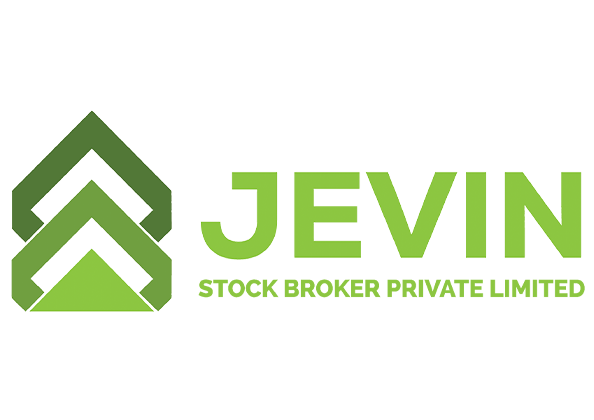- FAQ
Hello, how we can help?
Choose a category to quickly find the help you need
Working with an Advisor
The NIFTY closing prices are calculated by taking the last half an hour weighted average closing prices of the constituents of the index. (source NSE website)
NIFTY 50 is based upon solid economic research. A trillion calculations were expended to evolve the rules inside the NIFTY 50 index. The results of this work are remarkably simple: (a) the correct size to use is 50, (b) stocks considered for the NIFTY 50 must be liquid by the ‘impact cost’ criterion, (c) the largest 50 stocks that meet the criterion go into the index. NIFTY 50 is a contrast to the adhoc methods that have gone into index construction in the preceding years, where indices were made out of intuition and lacked a scientific basis. The research that led up to NIFTY 50 is well-respected internationally as a pioneering effort in better understanding how to make a stock market index. See “Market microstructure considerations in index construction” by Ajay Shah and Susan Thomas, CBOT Research Symposium Proceedings, Summer 1998, page 173-193. (source NSE website)
It is very simple process and at Sunflower Broking you will be getting personalized guidance to become its Authorized Person/Franchisee.
Eligibility:
You should be 12th pass (graduates preferred) or having 2+ years of experience in stock market as dealer.
Even if you are a fresher and want to start a career in stock market, Sunflower Broking will guide/train you to become a successful Authorized Person. We have trained 100+ Individuals to make their career in stock market and earn handsome at minimum investments.
Yes. Demat account can be opened in the name of a minor. The account will be operated by a guardian till the minor becomes major. Guardian has to be the father or in his absence mother.
Yes. Demat account can be opened in the name of a minor. The account will be operated by a guardian till the minor becomes major. Guardian has to be the father or in his absence mother.
Financial Planning Support
The stock market is a platform where investors can buy and sell shares of publicly traded companies. It functions as a marketplace where supply and demand for stocks determine their prices. Investors can trade stocks through stock exchanges like the New York Stock Exchange (NYSE) or the NASDAQ.
To begin investing in the stock market, you’ll need to open a brokerage account. Research various brokerage firms to find one that suits your needs in terms of fees, investment options, and user experience. Once you’ve opened an account, you can start buying and selling stocks.
Before investing in a stock, it’s crucial to research the company’s fundamentals, including its financial health, growth prospects, competitive position, and management team. Additionally, consider broader economic factors, industry trends, and potential risks associated with the investment.
Investment Management Support
The stock market is a platform where investors can buy and sell shares of publicly traded companies. It functions as a marketplace where supply and demand for stocks determine their prices. Investors buy stocks in the hope that their value will increase over time, allowing them to profit from capital appreciation and dividends.
Stock prices are influenced by a multitude of factors, including company performance, economic indicators, market sentiment, geopolitical events, and industry trends. Understanding these factors and their interplay is crucial for making informed investment decisions.
To start investing in the stock market, you’ll need to open a brokerage account, conduct research on potential investments, and develop an investment strategy aligned with your financial goals and risk tolerance. It’s essential to diversify your portfolio to mitigate risk and consider seeking guidance from a qualified financial advisor.
Getting Started
To begin investing in the stock market, you’ll typically need to open a brokerage account, deposit funds, and then research and select investments that align with your financial goals and risk tolerance.
You still have a question?
If you cannot find answer to your question in our FAQ, you can always contact us. We will answer to you shortly!



